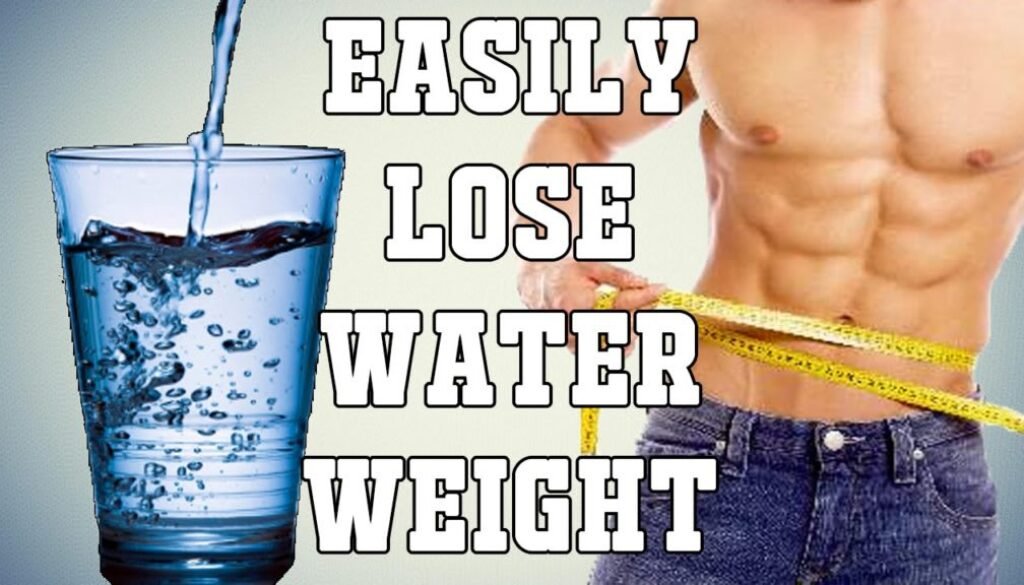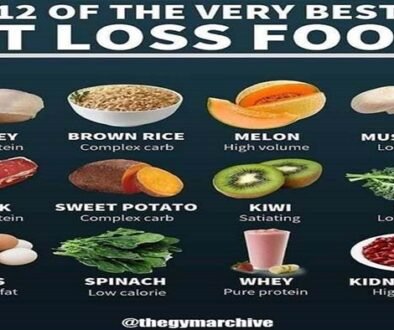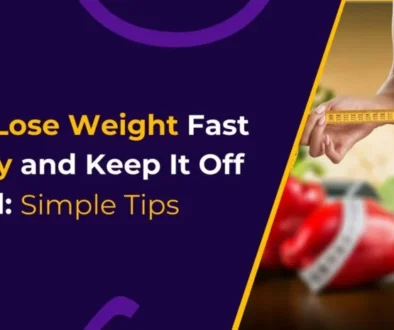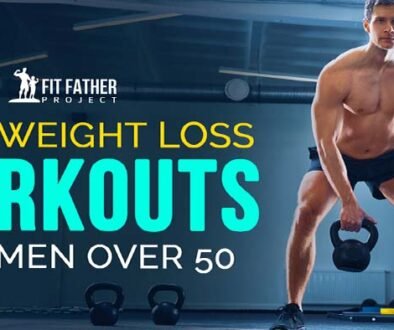How to lose water weight quickly?
Excess water weight, also known as edema or fluid retention, can make one feel like one is bloated, puffy, and heavier than one actually is. On the bright side, fortunately, it is pretty easy to get rid of that excess water weight if one does the right things for their lifestyle. Here is a complete guide on how to shed off water weight in safety and efficiency.
Reduce Salt Intake
Excessive intake of sodium can be estimated as one of the major factors leading to water retention. Sodium is going to force your body to retain water in order for your system to balance out the salt versus the water inside your body. In order to get rid of the water weight, try to decrease your intake of salt by:
- Consuming less high-sodium, processed foods, such as canned soups, salty snacks, and frozen meals.
- Increasing your consumption of fresh foods, fruits, vegetables, and lean proteins.
- Flavoring your meals with herbs, spices, and lemon instead of salt. 2. Hydrate More It may sound pretty counterintuitive, but drinking more water helps reduce water retention. When you are dehydrated, your body holds onto excess water as a survival mechanism. Staying hydrated helps flush out excess sodium and reduces bloating. Drink about 8 to 10 glasses of water every day, and increase intake if you’re physically active.
- Add More Potassium-Rich Foods
Potassium counteracts the sodium in the body, thus balancing all the fluids inside. Eating potassium-rich foods will help your body get rid of the extra weight of water through normal fluid balance and reduce water retention in the body. Here are some potassium-rich foods one can take:
Bananas
Spinach
Avocados
Sweet potatoes
Oranges
Exercise Regularly
Physical activity will help your body to get rid of water because of the opened pores and increased perspiration. Besides, regular physical activity will improve blood circulation to reduce swelling and puffiness. Variety including: Cardio exercises that are sure to raise the heart rate and burn more calories. Strength training for building lean muscle that, combined with the appropriate level of body fat, will improve the general body composition.
Control Carbohydrate Consumption
Carbohydrates are stored in the muscles and liver as glycogen; in order to store glycogen, water must also be stored. As a matter of fact, to store 1 gram of glycogen, 3 grams of water must also be stored. By reducing carbohydrate intake temporarily, the body uses up stored glycogen and loses the water attached to the stores. Eat lower-carb meals for several days. Emphasize the following foods:
Lean proteins: chicken, fish, tofu.
Healthy fats: olive oil, nuts, seeds.
Low-carb vegetables: leafy greens, peppers, cucumbers.
Take Natural Diuretics
Some types of food and beverages are natural diuretics, as these products promote your body to eliminate that excessive water. Consume these natural diuretics to enable you to reduce the chances of water retention:
Cranberry juice: Due to its mild diuretic effects.
Green tea: promotes natural diuretic effects along with lots of antioxidant actions.
Cucumber and watermelon: Due to their high water content, they help boost hydration and urination.
Sleep Properly
Lack of sleep can impact your body’s mechanism to regulate the balance of fluids, contributing to water retention. You should sleep 7-9 hours every night to help your body maintain good hydration and avoid unnecessary water retention. A good night’s sleep also helps contribute to good health and weight management.
Try Magnesium Supplements
Magnesium balances water retention and is an important mineral. According to a few studies, an increase in magnesium consumption reduces bloating along with the accumulation of water in the body, particularly in females. You can get magnesium from the following foods:
Leafy vegetables: kale, spinach
Nuts and seeds: almonds, sunflower seeds
Whole grains If needed, take a supplement of magnesium, but after consulting your health professional.
Keep Your Alcohol Consumption Limited
It is well known that alcohol dehydrates the body, and this leads to water retention on the next day as a result of the body needing to ‘top up’. While a glass or two of wine or beer should cause little problem with water retention, excessive intakes may have a more observable effect. Drink alcohol in moderation and make sure to hydrate well before and after drinking.
Avoid Prolonged Sitting or Standing
Also, when an individual is sitting or standing for long periods of time, the fluids in the body can settle in the legs and lower extremities of the feet, causing water retention. If working at a desk for extended periods of time, it is important to try moving around each hour. For individuals whose jobs require long periods of standing, breaks should be made in order to sit and lift the legs in order to help reduce swelling.
Conclusion
It is not just about looking better, it’s also about how you will feel. Small steps to reduce your water weight would include less intake of salt, an active lifestyle, and proper nutrition that would include potassium and magnesium. Keep in mind, any retention of water is temporary and the key is being hydrated and maintaining a healthy lifestyle for long-term results.



